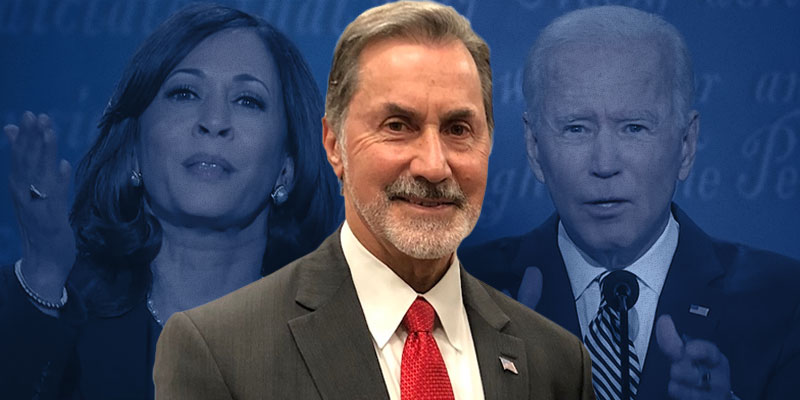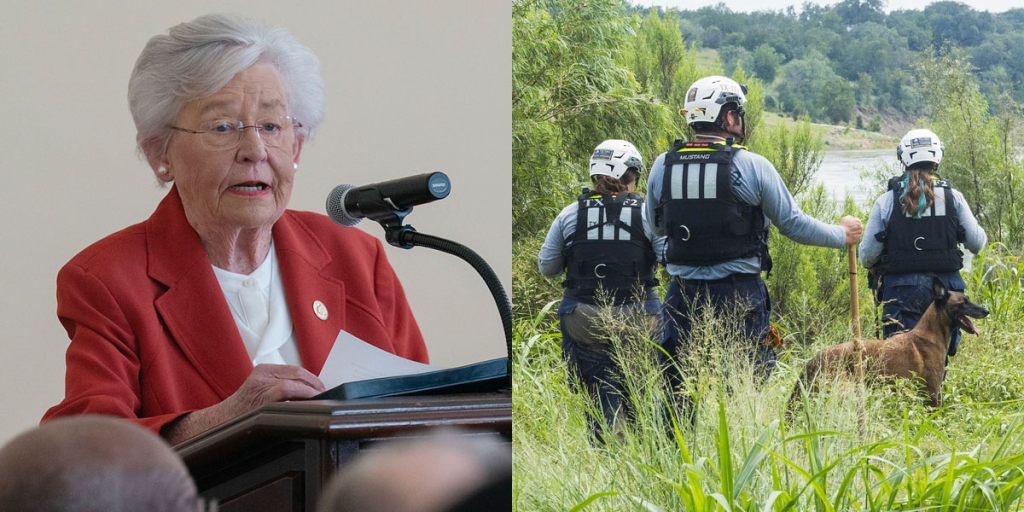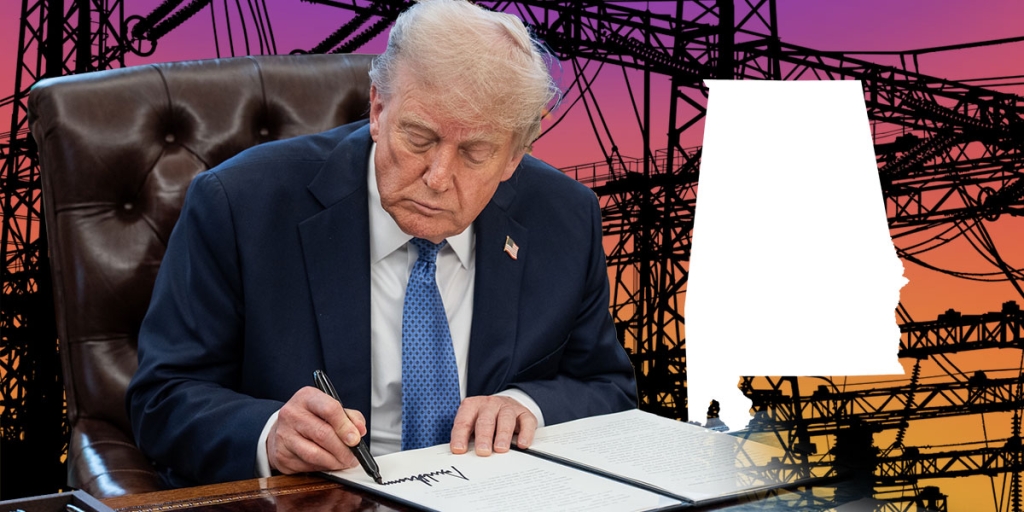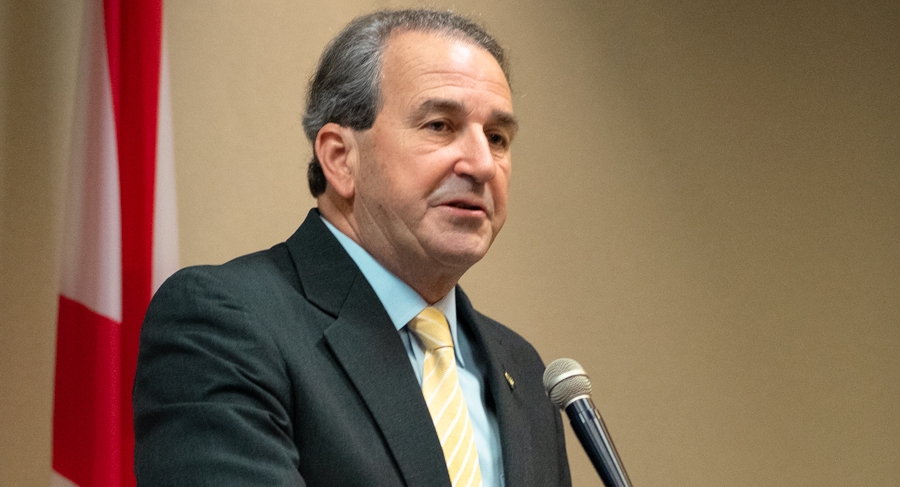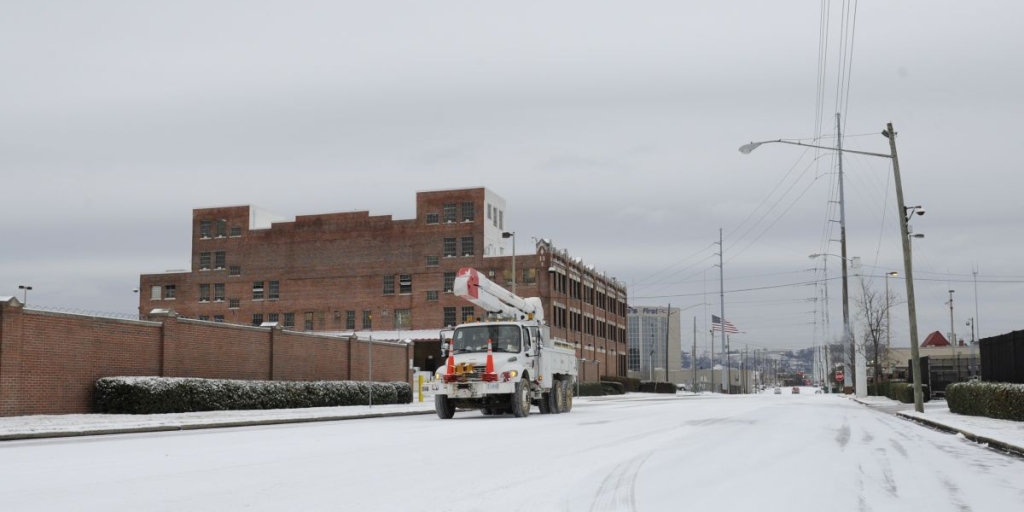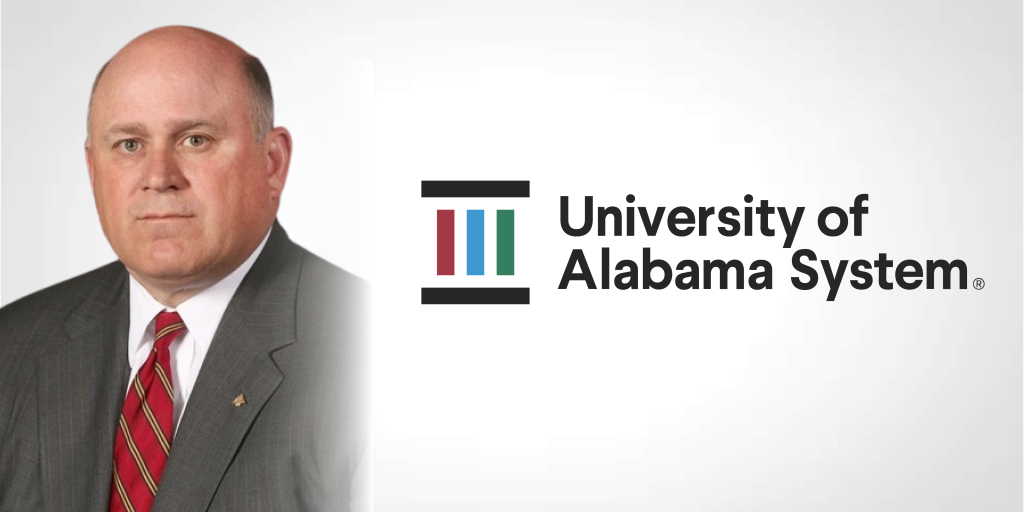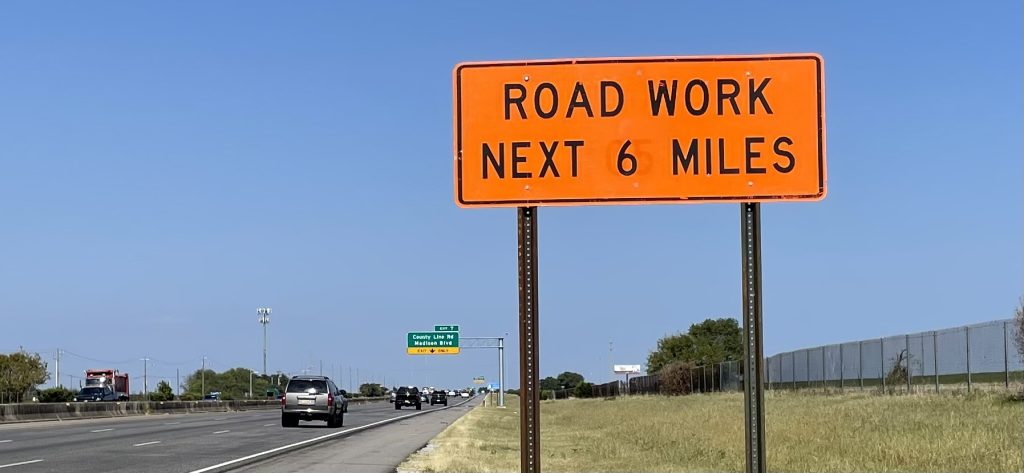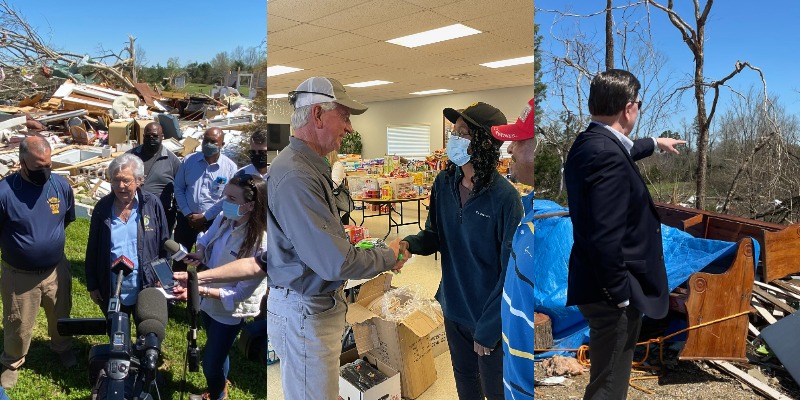Yellowhammer News on Monday spoke with Congressman Gary Palmer (AL-06) about a number of pressing federal issues affecting the state of Alabama and the nation.
The phone interview was conducted in between Palmer visiting locations in Alabama’s Sixth Congressional District that were hit hard by severe weather last week.
To open the conversation, the Central Alabama congressman stressed the gravity of what is happening in Washington, D.C.
“The Republic is in great danger,” Palmer warned.
He advised that Democrats “are doing things that will gut the Constitution.”
“They’re violating the rules of the House — their own rules. I’ve never seen anything like this,” Palmer said.
One such disregard for congressional rules and norms that he subsequently discussed was the notion of Democrats potentially attempting to utilize the budget reconciliation process to pass a massive infrastructure package. This maneuver would hypothetically allow Democrats to pass infrastructure legislation without a single Republican vote in the House and the Senate. Palmer was a member of the House Committee on Transportation and Infrastructure last Congress, and he outlined how that experience opened his eyes to Democrats turning infrastructure into a hyper-partisan topic.
“A bill came out of that committee with zero Republican input, and not a single Republican voted for it in committee or on the floor,” stated Palmer, the founder of the Alabama Policy Institute. “In all the time that I’ve spent in public policy with the think tank and the short time that I’ve been in Congress, I’ve never seen a transportation/infrastructure bill come out of Congress that was not bipartisan until now. And that’s entirely because of the Republicans being shut out of the process — and not only in the Transportation and Infrastructure Committee. It came out of the Transportation and Infrastructure Committee and then went to Rules and they added another trillion dollars to it. With zero Republican input.”
“So, I anticipate something very similar to that again,” he continued. “Only it’s going to be probably twice as expensive, at least, and will be largely dictated by the Green New Deal ideas that the Democrats have been pushing. I think it’s not going to be good for the future of the country. And in terms of cost, I’m anticipating some energy taxes as they continue their all-out assault on fossil fuels.”
Palmer cautioned that energy taxes would have adverse consequences across the American economy, as every sector and every aspect of daily life would be impacted by increased energy costs.
“I think it’s really going to be harmful to lower income people who already pay a disproportionate percentage of their disposable income just heating and cooling their homes, keeping the lights on,” he added.
Energy issues are not a newfound focus for Palmer, who is now serving a second consecutive Congress on the House Select Committee on the Climate Crisis. However, he also was recently appointed to the House Committee on Energy and Commerce for the 117th Congress — a coveted appointment which replaced his Transportation and Infrastructure slot.
“The Energy and Commerce Committee is the most influential, I believe, most powerful committee in all of Congress,” Palmer remarked of his assignment. “There hasn’t been anyone from Alabama that’s been on that committee for over three decades, so it’s huge. It has maybe the broadest jurisdiction of any policy-making committee in Congress. … It’s very difficult to get on that committee.”
He pointed out that the committee works on matters including health care, infrastructure and communications, including timely issues relating to “big tech.”
That being said, Palmer again lamented that Democrats seem unwilling to treat infrastructure in a bipartisan manner.
“But you’ve got to consider that the Democratic Party that people grew up with doesn’t exist anymore,” he commented. “It has truly — and this sounds partisan coming from me — but I’m telling you that the old Democratic Party that you could have a sensible conversation with is down to a handful of members. The old party doesn’t exist. And all you’ve got to do is look at how extreme the legislation that they’ve passed really is. To think that we’re one vote away from losing the filibuster in the Senate that protects us from the most extreme legislation should be frightening to everybody.”
He also noted that broadband internet access is an important component of modern infrastructure. Palmer stressed the need to expand broadband to rural areas, which he underscored “could be transformative for small town economies” while providing additional quality of life benefits in areas such as telemedicine and education.
The interview then turned to the humanitarian and security crisis at the United States’ southern border.
“It is entirely the Biden administration’s crisis,” Palmer began. “We did not have that under the Trump administration. We had a great arrangement with the government of Mexico; we working on things with the governments of other Central American countries. We made great advances in securing the border. And now what we have is not only a humanitarian crisis but we don’t know who’s crossing the border, we don’t know who’s trying to cross the border. There are people — I know they captured four people from Yemen that we believe have ties to terrorist organizations. This could be a national security issue — certainly a national health issue in the context of we don’t know who’s bringing fentanyl and heroin and other drugs across the border. And certainly we don’t know how many of these people are infected with COVID.”
“This is going from a crisis to potentially a catastrophe,” he decried. “And Biden owns it.”
Palmer said that while he believes the Biden administration recognizes that there is a problem, the overarching question remains of whether they will “own up to it,” “take responsibility for it” and “take the necessary steps to abate it.”
“And I don’t see that [happening],” he added.
The chairman of the Republican Policy Committee concluded by speaking about the nation’s COVID-19 vaccine rollout.
“I think Operation Warp Speed proved to be basically a medical miracle,” Palmer remarked. “And, again this is going to sound partisan, but you have the Biden administration saying they were going to have to start from zero (with the vaccine distribution) and even Dr. Fauci disagreed with that and called them out on it and others have called them out on it. In terms of the production of the vaccine and getting things out, all that was set in place by the Trump administration.”
He explained that the success of the distribution process has largely varied state-by-state.
“I think it’s each state’s responsibility to figure out how to get the vaccine out,” Palmer said. He outlined that while limited supply of the vaccine up to this point has been the main issue with distribution, “that’s about to be completely rectified” as demand becomes the impediment.
He continued to highlight that Altimmune Inc.’s AdCOVID vaccine candidate has begun its early-phase clinical trial. AdCOVID, administered by nasal spray, was tested pre-clinically at UAB. Palmer called its painless administration form a “great advancement” and emphasized that preclinical results showed that AdCOVID protects not only against infection but also against transmission. This aspect could make AdCOVID a potential “game changer,” Palmer stated.
Sean Ross is the editor of Yellowhammer News. You can follow him on Twitter @sean_yhn




